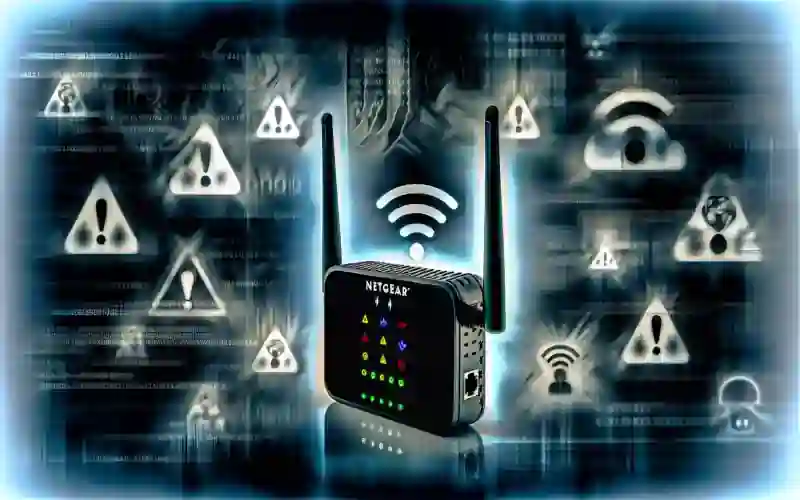
“Secure Your Connection: Update Your Netgear Extenders to Guard Against Critical Vulnerabilities!”
**Exploring the Impact of Critical Vulnerabilities in Netgear WiFi Extenders: What You Need to Know**
In the ever-evolving landscape of internet security, a recent discovery has set alarm bells ringing for users of popular Netgear WiFi extenders. Security researchers have unearthed critical vulnerabilities in several models that could potentially open the door to cyber attackers, allowing them to execute malicious commands on the devices. This revelation is particularly concerning given the widespread reliance on these extenders to boost internet connectivity in homes and small offices.
The vulnerabilities, identified as CVE-2024-35518 and CVE-2024-35519, affect the Netgear EX6120, EX6100, and EX3700 models. The most alarming of these, CVE-2024-35518, specifically targets the Netgear EX6120 AC1200 Dual Band WiFi Range Extender. It involves a flaw where remote attackers can inject commands through a parameter in one of the device’s configuration files. This could potentially allow an attacker to take complete control over the device, a scenario that is as worrying as it sounds.
Moreover, CVE-2024-35519 extends its reach to multiple Netgear extender models and similarly allows command injection, but through a different parameter in another configuration file. Both vulnerabilities are severe, with a common vulnerability scoring system (CVSS) score of 8.4, indicating their high severity. The fact that these attacks can be carried out remotely with no user interaction only adds to the urgency of addressing them.
Thankfully, Netgear has stepped up promptly in response to these findings. The company has released firmware updates that patch these vulnerabilities. For instance, for the EX6120 model affected by CVE-2024-35518, an update to firmware version 1.0.0.98 is necessary to mitigate the risk. Users are urged to install these updates without delay to protect their devices from potential exploits.
The discovery of these vulnerabilities was made by researchers from the Communications Security Establishment (CSE) and the Security Research Centre (SRC) at Concordia University. Their work highlights the critical need for ongoing vigilance and proactive security measures in consumer networking devices. It’s a stark reminder of the potential vulnerabilities that lurk in devices many of us depend on daily and often take for granted.
Netgear’s swift response in providing firmware updates is commendable and essential in such situations. However, this incident underscores a broader challenge in the realm of Internet of Things (IoT) devices. As manufacturers continue to roll out myriad connected devices into consumer markets, the importance of securing these devices against cyber threats cannot be overstated.
For users, the key takeaway is the importance of maintaining firmware updates. Regularly checking for and applying firmware updates is crucial in safeguarding against known vulnerabilities. In light of these recent discoveries, users should not only update their devices but also remain vigilant about monitoring for any unusual activity on their networks.
This incident serves as a sobering reminder of our shared responsibility in securing our digital landscapes. Manufacturers must ensure robust security measures are in place before releasing products, while consumers must stay informed and proactive about securing their devices. Together, we can work towards a safer digital environment, but it requires vigilance and prompt action in the face of emerging threats.














